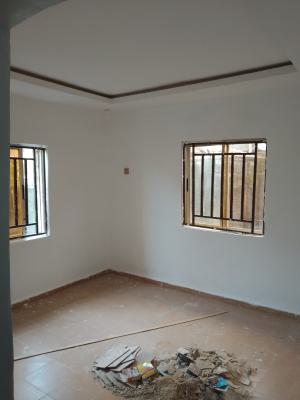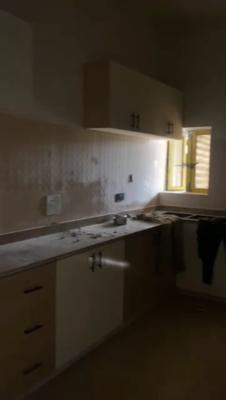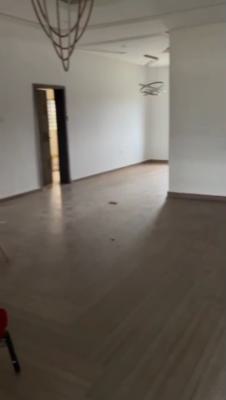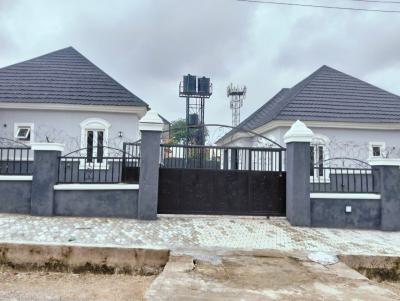Flats for Rent in Apo Resettlement, Apo, Abuja
Quick Filters
Bedrooms Subtypes Areas Furnishing
6
1 bedroom mini flat (room and parlour) for rent
Zone C, Apo Resettlement, Apo, Abuja ₦2,500,000 per annum2 bedroom flat / apartment for rent
Zone E Extension, Apo Resettlement, Apo, Abuja ₦4,000,000 per annum2 bedroom flat / apartment for rent
Zone E Extension, Apo Resettlement, Apo, Abuja ₦5,500,000 per annumWhat is the average price of flats for rent in Apo Resettlement, Apo, Abuja?
The average price of flats for rent in Apo Resettlement, Apo, Abuja is ₦2,500,000 per annum.
What is the price of the most expensive flats for rent in Apo Resettlement, Apo, Abuja?
The price of the most expensive flats for rent in Apo Resettlement, Apo, Abuja is ₦16,000,000 per annum.
What is the price of the cheapest flats for rent in Apo Resettlement, Apo, Abuja?
The price of the cheapest flats for rent in Apo Resettlement, Apo, Abuja is ₦800,000 per annum.
How many flats for rent in Apo Resettlement, Apo, Abuja are available?
There are 6 available flats for rent in Apo Resettlement, Apo, Abuja.
You can view and filter the list of property by price, furnishing and recency.






